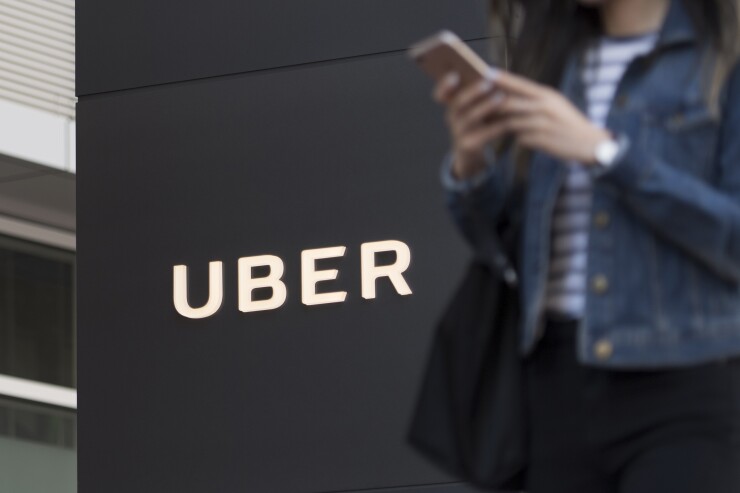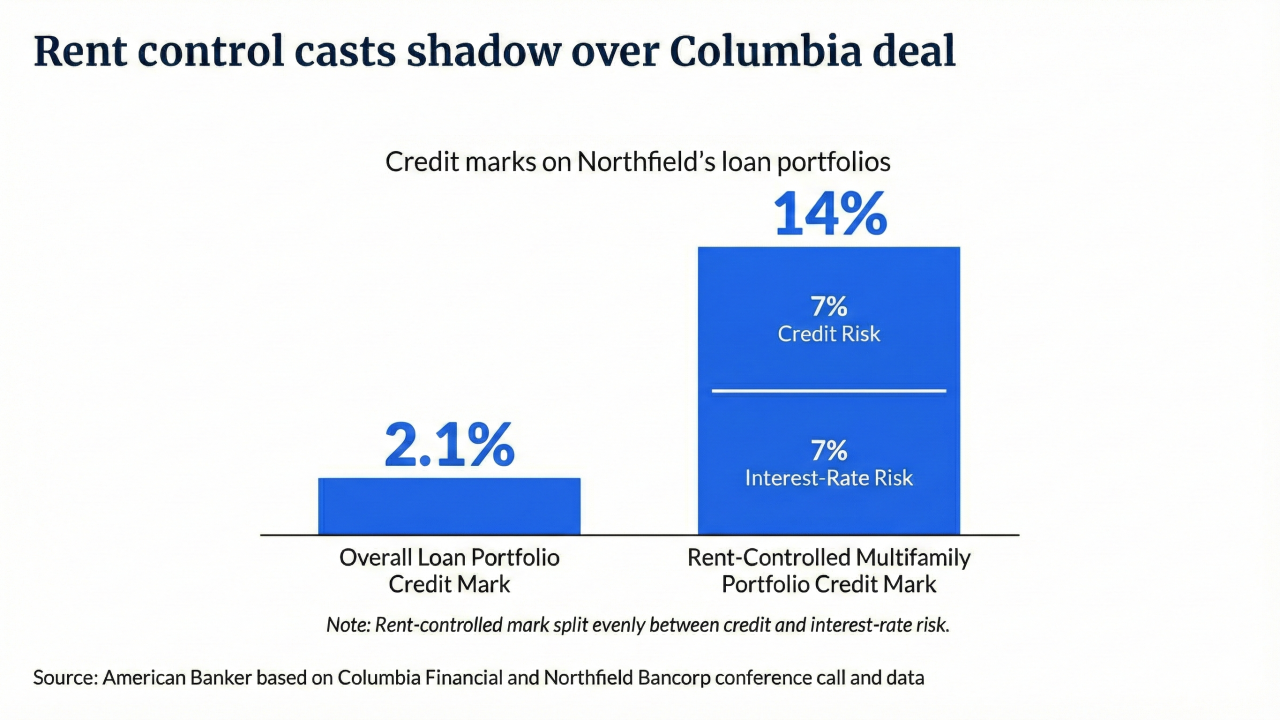Want unlimited access to top ideas and insights?
Many companies in financial services say they want to be the next Uber. But the reverse may also be true, with the ride-sharing company adding a cobrand card that can be managed from within the Uber app.
Barclaycard and Uber’s new Visa card, launching Nov. 2, uses its digital advantage in a few ways: Consumers can apply—and get approved—in minutes by signing up directly within the Uber app, a process sped up by having basic customer information already on file. Once approved, customers can shop immediately with a digital version of the card, earning rewards and tracking them in real time via the Uber app.
The in-app money management features harken to the ambitions the ride-sharing company

“What we’re working on, I don’t even want to call it a wallet,” said Brian Crist, chief payments counsel for Uber Technologies, at PayThink. “One thing that we continue to look at is trip experience … could you pay for a restaurant, for example? Could you pay for your theater tickets through the experience?”
The card's rewards structure are in line with that philosophy. Like many cards targeting middle-market consumers, the Uber Visa card has no annual fee, and rewards vary based on the merchandise category, emphasizing activities most popular with Uber riders.
Customers may earn rewards at a rate of 4% of spending on restaurants and UberEATS; 3% on travel; 2% for online purchases (including Uber) and 1% on everything else, and an introductory bonus includes $100 in points after spending $500 on the card during the first 90 days.
Other benefits point to the card’s potential appeal to a digital-savvy consumer, with no foreign transaction fees; a one-time $50 credit for online subscription services like Netflix when spending $5,000 annually and mobile phone insurance of up to $600 for damage and theft when the card is used to pay the monthly mobile phone bill.
“We’ve put features in this card that directly relate to Uber users’ everyday lifestyles, which includes real-time visibility into rewards as they’re earning—and using them,” said Denny Nealon, head of U.S. partnerships for Barclaycard in an interview at Money20/20 coinciding with the card's announcement.
Barclaycard said its research showed strong consumer interest in this niche for earning rewards on everyday activities, with the ability to quickly plow rewards back into frequent transaction types, Nealon said.
“Uber users love immediacy and the rewards we’re offering cater to that lifestyle,” he said.
An Uber spokesperson said its Barclaycard partnership reinforces its brand and may drive higher in-app and general spending.
An in-app payment card also addresses a major pain point for ride-sharing companies like Uber and Lyft by creating a direct financial relationship with the rider.
The Uber card would likely appeal to budget-minded consumers, said John Grund, a partner at First Annapolis Consulting, which is now part of Accenture.
“At the higher end the credit card market competition has reached a point where growth could slow because there are only so many consumers to chase at the upper end,” Grund said.
There’s still a lot of room for card issuers to tweak specific features, including leveraging technology to improve products, Grund said.
The Uber Visa card so far is available only in the U.S., but Barclays this year began to offer its customers £20 (US$26) in Uber rewards for linking a debit card to the Uber app.





